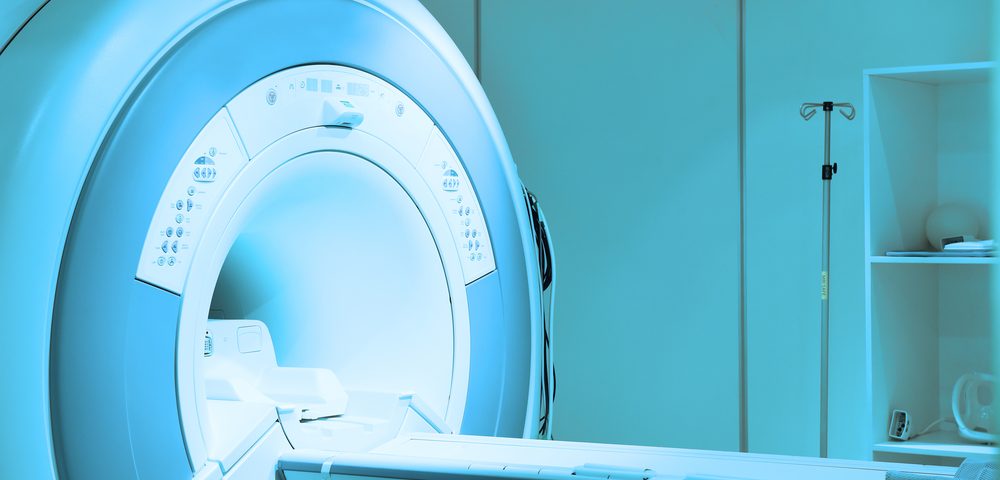Accelerated partial breast irradiation, a therapy that delivers higher doses of radiation over a shorter period of time and targets only the part of the breast where the tumor was removed, is as effective as whole-breast irradiation at preventing breast cancer recurrence, a trial showed.
The results, “RAPID: A randomized trial of accelerated partial breast irradiation using 3-dimensional conformal radiotherapy (3D-CRT),” were presented at the 2018 San Antonio Breast Cancer Symposium.
After a lumpectomy — a surgery that removes the breast tumor and some of the surrounding tissue — a patient is often given radiation to kill the remaining cancer cells to help prevent the tumor from recurring.
Traditionally, this has been done with whole-breast irradiation (WBI) which, as the name implies, is when the whole breast receives radiation. This is often done over a three- to six-week period, which can be inconvenient for patients.
Accelerated partial breast irradiation (APBI) involves giving a larger dose of radiation to the area of the breast where the tumor was removed, with a margin of normal tissue to make sure that all cancer cells are caught. Because the dose is more concentrated, this treatment can take less than a week.
The goal of the RAPID clinical trial (NCT00418210) was to determine whether APBI was as effective as WBI – after all, the added convenience might not be worth it if the treatment wasn’t as good at preventing the cancer’s return.
Patients over age 40 from Canada, Australia, and New Zealand, who had been treated with breast-conserving surgery, were recruited and assigned to two groups: one that received APBI, the other with WBI. There were more than 1,000 patients in each group, and the median follow-up time was 8.6 years.
APBI was delivered by 3-D conformal radiation therapy, which shapes the radiation beams to match the shape of the tumor, exposing as little healthy tissue as possible to radiation.
In total, 65 patients experienced a cancer recurrence. But there was no statistically significant difference in recurrence between the two groups – the rate was about 2% at five years, and about 3% at eight years for both.
There were significantly fewer acute toxicities associated with APBI than with WBI. However, long-term toxicities such as hardening of breast tissue, and the appearance of small dilated blood vessels near the surface of the breast were more frequent in patients who received APBI. There were also more cosmetic issues with this therapy.
“The APBI regimen used in our trial was non-inferior to WBI in preventing local recurrence,” the researchers concluded.

